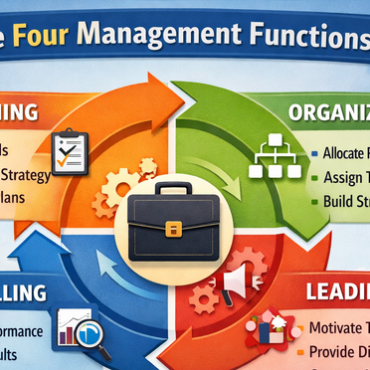Whistle Blowing Policy

Whistle Blowing in Business
According to De George, there are three categories of whistle blowing. First, there is internal versus external concept. Internal means that an employee discloses an illegal act or decision to the managers. Personal whistle blowing occurs when an individual reports an act which affects him or her negatively within an organization. Writers who offer organization behavior case study help at Edudorm essay writing service notes that the individual finds solution to the supervisors by disclosing the issue which is affecting his life. On the other hand, impersonal whistle blowing means that an individual notices an immoral act or harassment which is affecting the wellbeing of other organization members and decides to disclose it to the management.
Governmental Whistle Blowing
Governmental whistle blowing is when government employees disclose an illegal act for example based on misuse of money in government agencies. The act of disclosing the immoral information outside the organization is referred as external whistle blowing. Assuming that I am a whistle-blower who has disclosed the information in the local paper, I fit best in the category of governmental whistle blowing and external whistle-blower. This is because, first, my company is given a contract of transportation project by the government to improve the public transportation. Experts who offer management case study help at Edudorm essay writing service indicates that the city planners of transportation will use the software from my organization and as a member who follows ethical standards I understand that there are not appropriate to be used. I fit in the external whistle-blower by moving out of the organization and letting the city know that the software have bugs. The purpose of whistle blowing is to stop the action since I believe it is unethical and corrective measures should be implemented (Arszułowicz, Marek & Wojciech, 51).
Ethics of Whistle Blowing
Following the De George’s model, there are conditions which explain whether it is a personal duty to report the matter or it is a matter of ethics. He asserts that for an employee to be morally permitted to disclose the immoral act there should be clear evidence that the act will harm the public. In this case, the employee has not discussed the negative effect in using the software and so he is not morally permitted. Secondly, while reporting the act, an employee must first report the illegal act to the supervisors. In this case, it is not morally permitted since the employee does not forward the matter to the supervisor to show his moral concern. Third, before reporting the matter to the public, an employee must follow the internal producer and inform the board of directors about the immoral act or decision. In this analysis, an employee is not morally permitted to whistle blowing simply because he moves out of the organization without following the internal procedure. Authors who offer operations management assignment help at Edudorm essay writing service points that De George assert that an employee should be morally obligated to report the matter to the public if he has a documented evidence to show the audience that he is right with what he is reporting. In this scenario, an employee is not required to whistle blowing since there is no documented evidence to support his claim. Finally, an employee must have a good reason that by disclosing the information, the public will take the matter serious and a solution will be made. In this case, an employee is not allowed to whistle blowing because he has not consulted the board of directors to discuss the matter and see whether the necessary changes will be implemented if the illegal decision is disclosed in the public.
Personal Views
Having analyzed the scenario in a deep manner and assuming that I had already disseminated the information to the public, it is clear that I cannot be considered a whistle- blower. This is because, no matter I have disclosed the information with respect to Boatright’s theory and De George’s external whistle blowing, I have not followed significant conditions as explained by De George. I understand that to be considered a whistle-blower, I must have a verification that the act intended to be done by the organization will cause a serious harm to the public. Second, I understand that before whistle blowing, I must follow the internal procedure and let the supervisors as well as the board of directors to know my moral concern about the matter so that there can be a clear justification that the matter is unethical (Arszułowicz, Marek & Wojciech, 49). In addition, it is imperative as an individual to have documented evidence before whistle blowing so that the audience can agree with me that the matter is dangerous to the public. I understand that the purpose of blowing the whistle is to allow the public know the intended illegal act so that the response team can integrate and offer solution. I cannot be considered a whistle blower as I do not have a clear reason that if I engage in whistle blowing, the matter will be solved.
Works Cited
Arszułowicz, Marek, and Wojciech Gasparski. Whistleblowing: In Defense of Proper Action. New Brunswick, NJ: Transaction, 2011.


